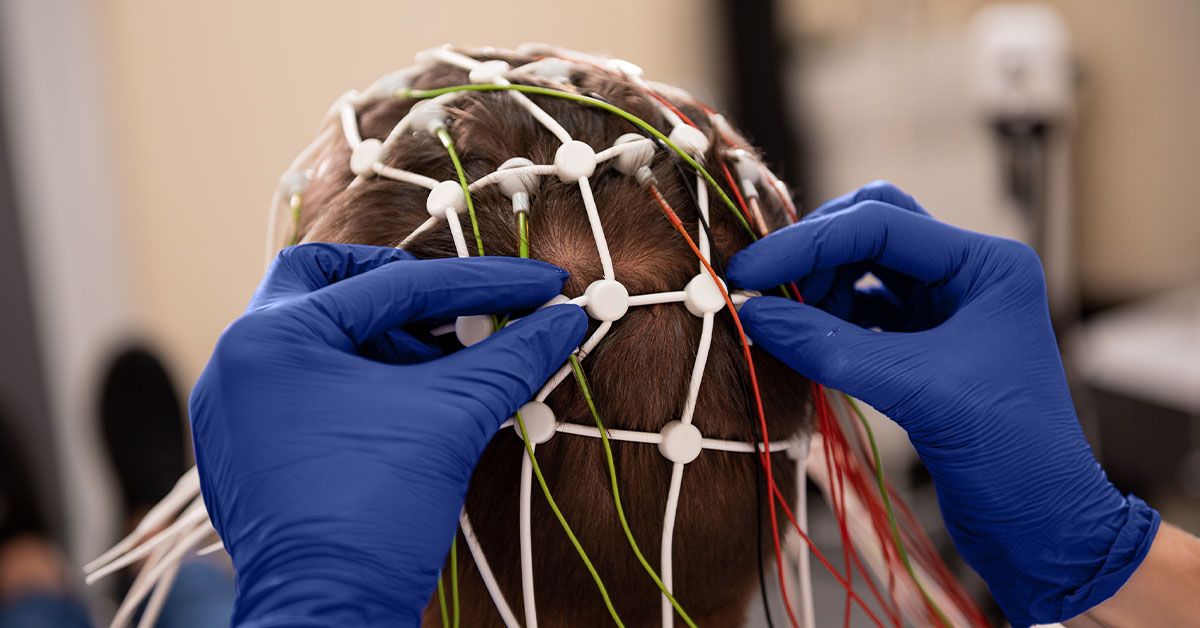A new study in mice challenges the widely accepted theory that brain-cleansing occurs during sleep. The research shows that mice clean more toxins and metabolites from their brains when they are awake compared to when they are asleep or anesthetized. The study’s findings suggest that a long-term lack of sufficient sleep, often linked to dementia and Alzheimer’s, may not be due to brain clearing during sleep. This sheds light on the importance of sleep and its benefits for mammalian bodies.
Despite the numerous theories regarding the benefits of sleep, such as memory processing, one popular idea is that the body clears the brain of toxins and metabolite detritus during sleep. However, the new study in mice found that the brain is actually cleaned more during awake time than during sleep or under anesthesia. The researchers observed a 30% decrease in the clearance of toxins and metabolites from the mice’s brains during sleep, and a 50% decrease under anesthesia.
The study’s senior investigator, Nicholas Franks, proposed that sleep serves a crucial function for mammals, suggesting that it may provide some form of basic housekeeping that cannot occur efficiently during waking hours. While he acknowledges that sleep may allow the consolidation of memory by clearing unwanted synapses and strengthening others during sleep, further research is needed to confirm these ideas.
Jonathan Cedernaes, a researcher not involved in the study, expressed some concerns regarding the research methodology. He noted that the study was conducted on mice, so it is unclear how the findings translate to humans. Cedernaes also suggested that further studies on brain clearance should include a larger-molecule dye and should consider the effects of circadian rhythms on the process.
While the study challenges the idea that sleep is a time for brain-clearing, it does not negate the importance of proper sleep for overall brain health. Cedernaes pointed out that while sleep may not facilitate the clearance of metabolites from the brain, it still plays a crucial role in restorative properties that contribute to healthy brain aging. Research has shown that insufficient sleep and poor sleep quality are linked to a higher risk of neurodegeneration and specifically Alzheimer’s disease.
In conclusion, the new study in mice challenges the hypothesis that brain-cleansing occurs during sleep. While awake time was found to clear more toxins and metabolites from the brain than sleep or anesthesia, the study does not discount the importance of sleep for overall brain health. Further research is needed to fully understand the mechanisms behind brain clearance and the role that proper sleep plays in maintaining brain health and preventing neurodegenerative diseases.











